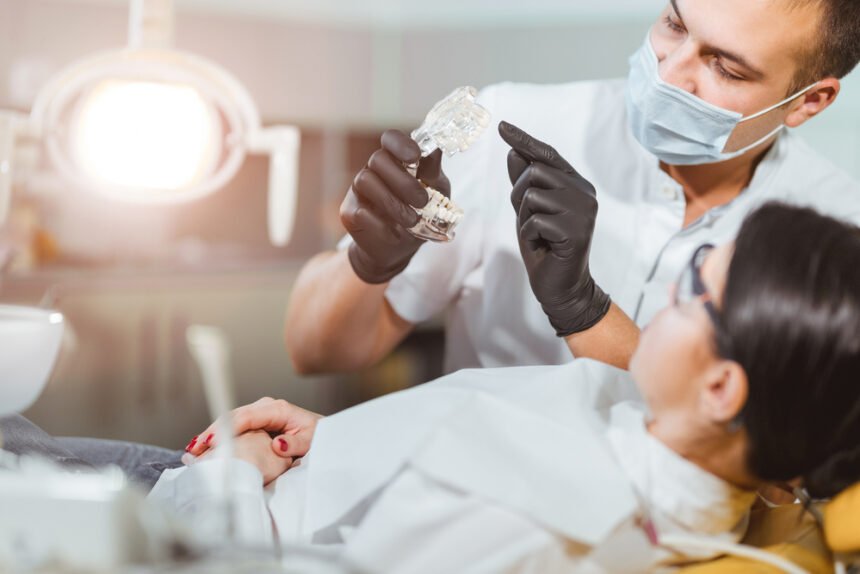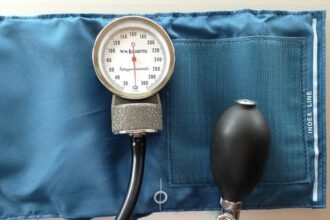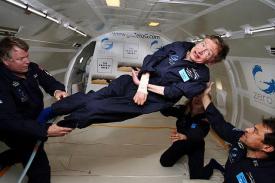Artificial intelligence (AI) has been extensively used across many industries. It isn’t surprising to see AI being put to work in agriculture, manufacturing, and financial services. In the realm of the healthcare industry, AI has been making considerable advantages in dentistry. In this post, we’re going to look at how this technology is shaping the dental industry. Here are some of the features of AI that offer promising realities in the dental care industry:
Voice Commands
AI can be trained to provide the needs of dentists through voice commands. One concrete example of this is DEXvoice, which allows dentists to utter commands, and their imaging machines can help provide what they need. This way, they can multitask and carry out their functions easier. It allows dentists to streamline their workflow. For example, they can say, “Show me the imaging of patient X for Invisalign procedure,” and the machine can easily show the proper images. Your staff would no longer have to scour through tons of pictures, which can be prone to mistakes.
Retrieve and Analyze Patient Records
The machine learning component of artificial intelligence can provide dentists enhanced and accurate processes in their operations. They can directly communicate with patients, send reminders, and book their appointments without the need for human involvement. As a result, your dental staff can attend to more productive and valuable tasks that can further increase the profitability of your dental clinic.
Through machine learning, dentists can predict possible lesions and diseases by processing large amounts of data and predicting patterns. For example, Dentistry.ai uses an algorithm that browses through a series of radiographs and detects patterns that are otherwise undetected by a human. This process gives dentists a better means of identifying lesions or infections.
Virtual Dental Assistants
Big data is quite useful for dentists because it allows them to process datasets in bulk. As such, they are efficient at processing information. One AI technology that can be of use to dentists is D Assistant, a virtual assistant developed by Dentem. The technology processes the command and compares it with dental images and records. From there, it can analyze and come up with evidence-based suggestions that can help dentists during orthopedic procedures. In short, AI technology can be used as an adjunct for dentists to aid in decision-making processes and thereby reducing resulting mistakes.
Smart Toothbrushes
One of the common challenges that most dentists experience in their practice is the fear of visiting a dentist. This fear results in more patients coming in only when there is an oral health emergency. One of the best ways to address this is to provide patients with a technology wherein it would be easier for them to get remote consultations. To make it easier for dentists to do this, they can make use of smart toothbrushes, which gives them data about their patient’s brushing and flossing habits. With the help of the Internet of Things (IoT), dentists can obtain data from pressure and pH sensors, cameras, and timers. With it, they can analyze the length and frequency of brushing, teeth quality, saliva pH, and blood alcohol levels.
Smart Teeth
The Internet of Things can also be useful in formulating smart teeth. Like smart toothbrushes, it gives dentists the ability to check their patient’s dental information in real-time. They can get an insight into what goes on inside their patient’s oral cavity, such as food intake, brushing habits, and dental issues such as bruxism. The dentist can assess patient data and see what suggestions and advice they can give their patients.
Dental Analytics
A successful dental practice relies heavily on how effectively you can run your office. Without data-driven dental practice analytics, it would be harder for you to get an idea of how you are doing. Most dentists are not business-minded, and they often fail at keeping their practice afloat because of the many unforeseen challenges that beset their operations. As such, the use of dental analytics can help them manage their services through software. This technology allows dental professionals to focus on providing the best oral care of their patients while managing their business operations at the same time. This way, there is an assurance that the patient’s welfare is prioritized, which would eventually increase your bottom line.
Final Thoughts
Technology keeps growing by the day, and it is bound to affect our lives in many different ways. Some of them for the better, but some of them can pose challenges as well. In the dental industry, it is all a matter of choosing which ones would benefit the patients and dentists by providing actionable insights. While these technologies immensely help dentists, they cannot replace the functions and knowledge that dentists and other healthcare workers have in terms of providing the best care possible for the patients. Their roles are merely complementary.










